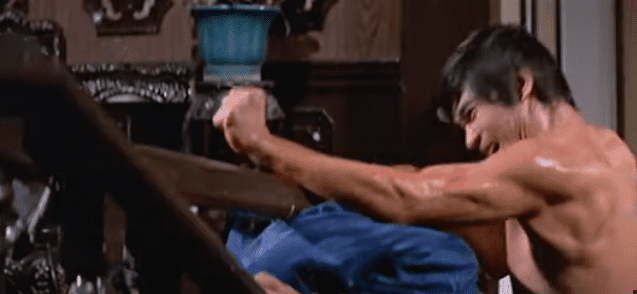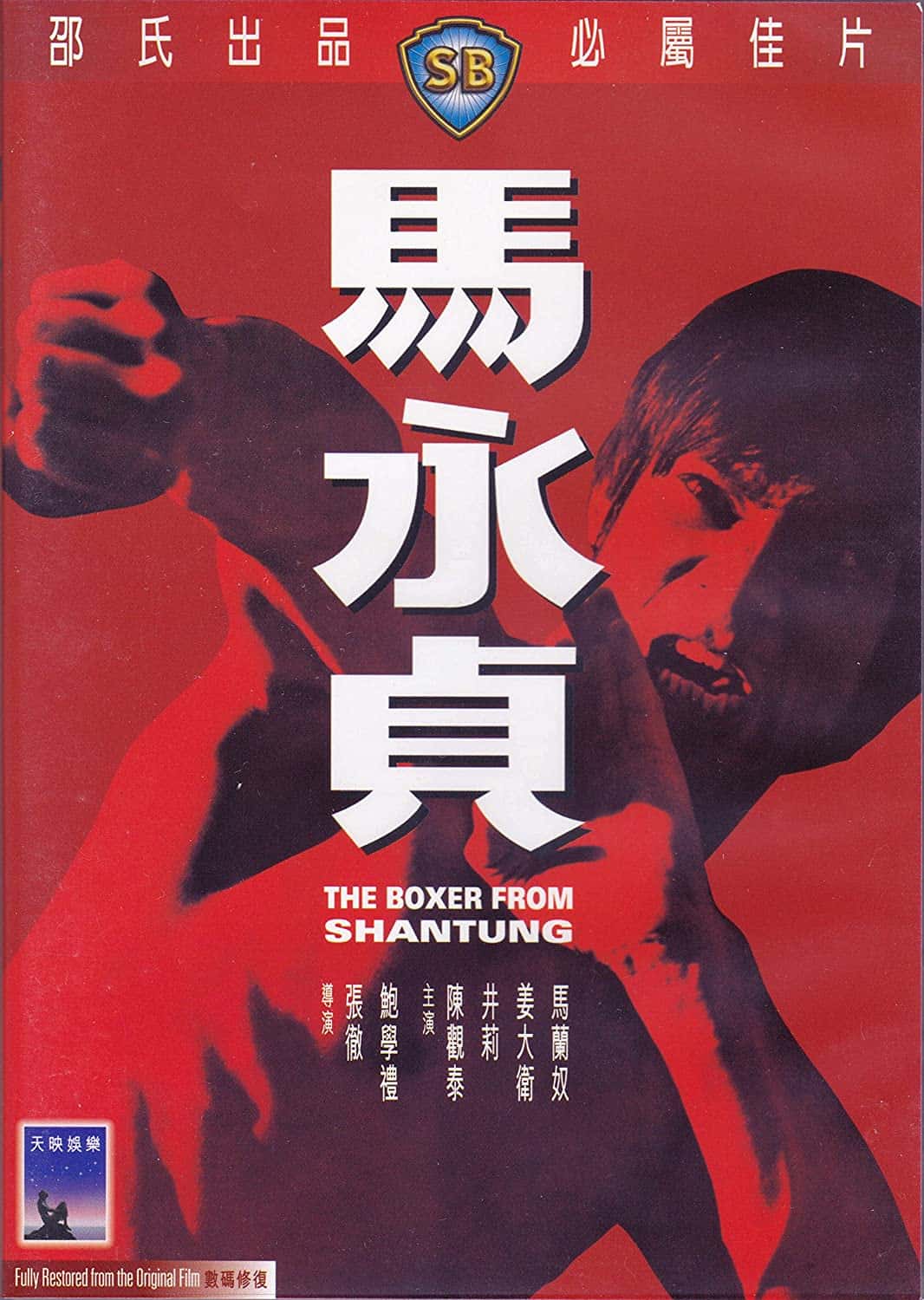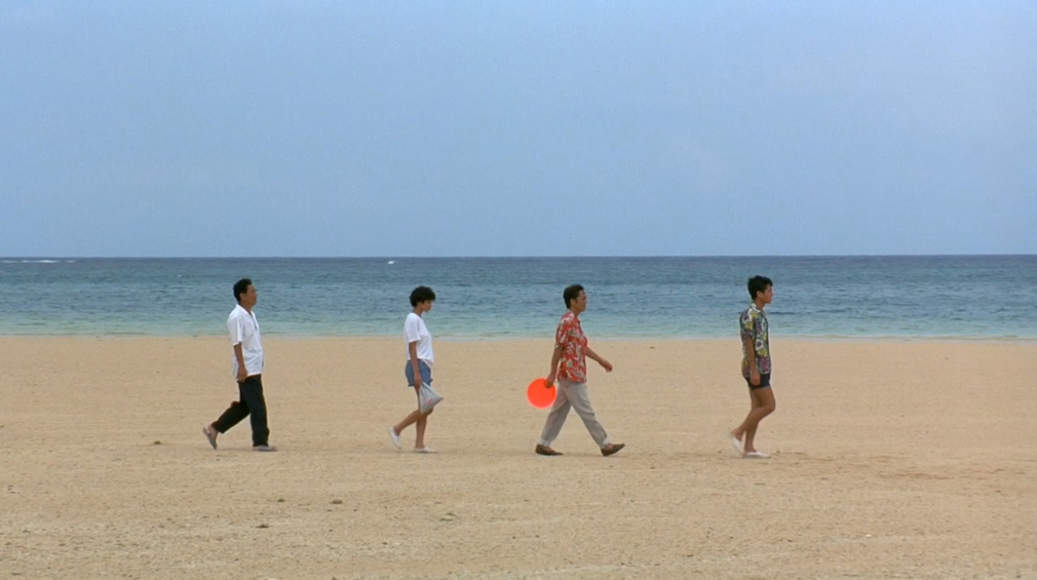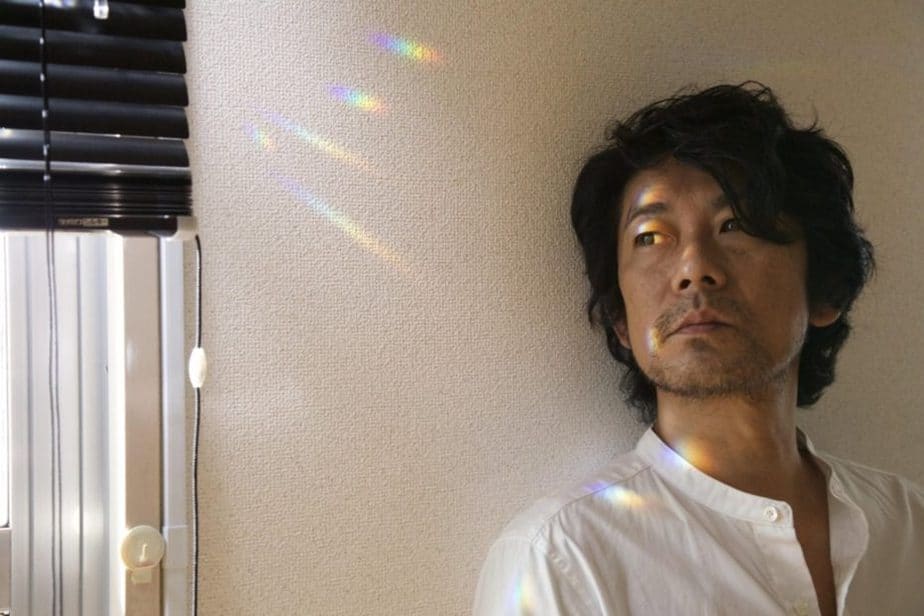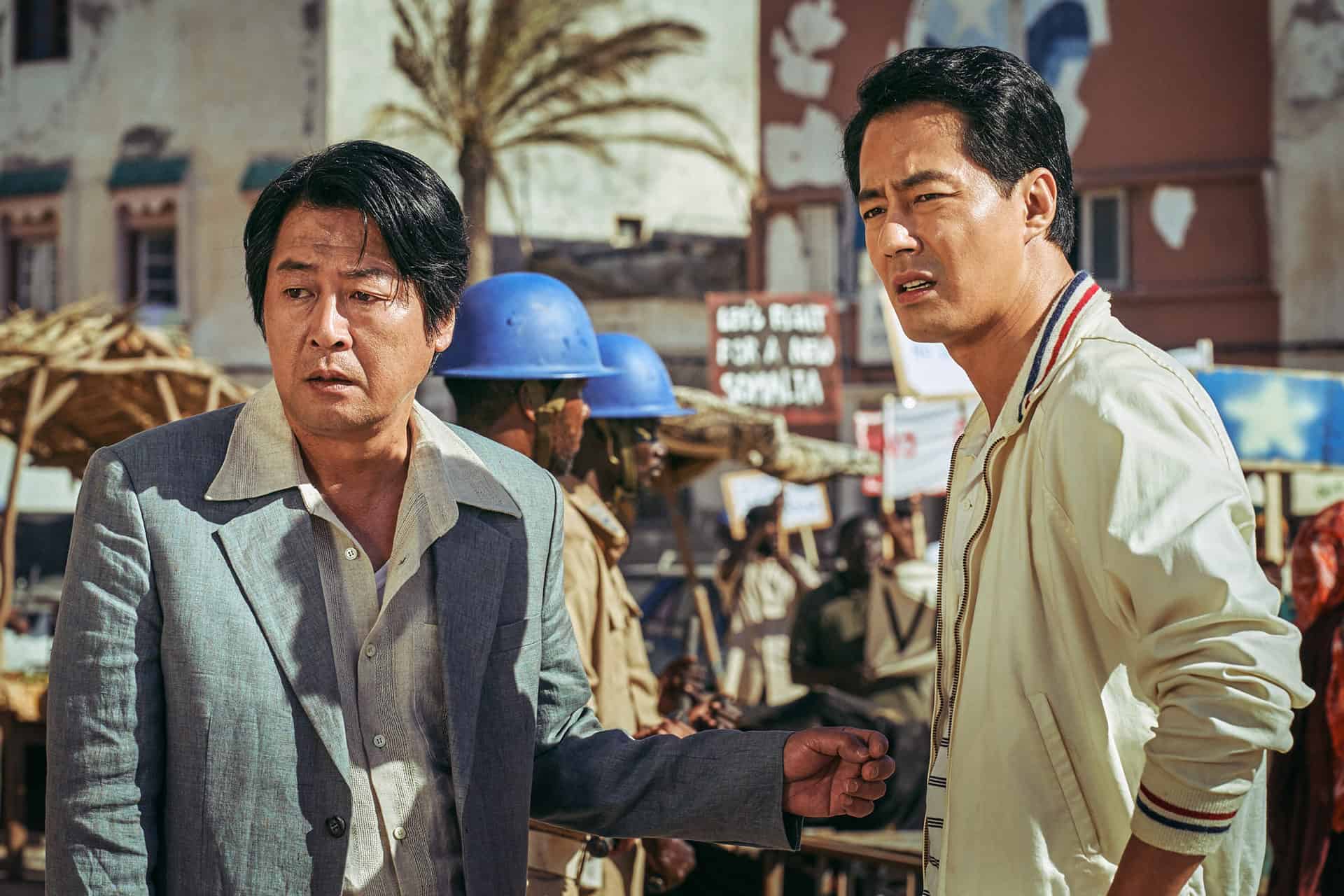A sign of a classic movie is that it still holds up well against subsequent remakes\reimagining. “The Boxer from Shantung” to the best of my knowledge has been reworked at least twice in “Hero” by Corey Yuen and more recently as “Once Upon a Time in Shanghai”. To it's credit the original holds its own and, in many respects, remains the superior entity despite the evolution of action cinematography and film technique.
Ma Yung Chen (Chen Kuan-tai) arrives in Shanghai to escape poverty and seek his fortune. Initially, he is only able to find work as a labourer. A chance encounter with the crime lord Tan Si (David Chiang) sets him on his way. A defeat of a travelling Russian strongman only adds to his burgeoning reputation. Romance comes in the form of singer Chin Ling-tzu (Li Ching) who initially sees Ma as being different from all the others that have risen and fallen in their ambitions. Slowly, Ma becomes corrupted by the wealth and power and loses sight of his humanity. It is only once Tan Si is slain by the cronies of the manipulative Boss Yang (Chiang Nan) that he realizes his mistakes. Arranging for his friend Hsiao Chiang-pei (Chang Kang-yeh) to leave with Chin, he confronts the betrayer and meets his fate in a brutal climax.
“The Boxer from Shantung” follows the standard rise and fall template of a villain template familiar to most cinematic audiences. It also fits very nicely into the Hong Kong ideology of wealth aspiration. It succeeds in raising above the norm through a powerful lead performance and some incredibly intense action.
For Chen Kuan-tai, it was a breakout role. He is front and center of the piece and delivers an intense, muscular performance. Ma Yung Chen goes through a full character journey as his soul is corrupted by wealth eventually becoming that which he despised at the outset. His redemption comes in one of the bloodiest set pieces put to cinema and he carries it with aplomb. Supporting him in an almost mentor role is David Chiang. He is more debonair than usual. Tan Si's life is what Ma and others aspire to. The Horse drawn cart and cigarette lighter are possessions that signify wealth and power. So naturally Ma seeks to imitate him once he begins to gain influence. It's a trope familiar to Chang Cheh features with a possession signifying success. For example, see “The Chinatown Kid” and the wristwatch. As ever though, wealth is only fleeting with an early death seemingly inevitable.
The defeat of the Russian strongman is another typical flourish familiar to the genre. A way to exemplify the superiority of Chinese martial arts. It is also part of the increasing intensity of the action sequences. The first half is standard stuff but once we get to the ambush of Tan Si, the action kicks up a gear as Tan Si is battling off his attackers until ultimately expiring whilst smoking one last cigarette. It's a well shot sequence and allows David Chiang yet another spectacular demise and to go out in style. Then we get to the finale…. Those familiar with Chang Cheh films will know that the director liked blood, lots of blood, his leads always getting mortally wounded, wrapping a bandage around the wound and continuing to fight on. Here is no different. Only a lot bloodier. The finale here has to go down as one of the most intense, gory fights in action history. Ma Yung Chen is going down but is literally bringing the house down with him. It's a sequence that will leave you drained but wanting to hit the rewind button and watch it all over again. Forget style, this is just a dragged-out brawl.
As ever with Chang Cheh movies, the female characters are side-lined with Chin just there to scold or adore Ma depending on what the scene requires. The true emotion as ever is in the brotherhood of men. Ma's only true friend throughout is Hsiao Chiang-pei, his naivety and weakness a counterpoint to emphasize Ma's strength. He opts to save him and Chin at the end rather than see his friend sacrificed. Tan Si is portrayed as being above the machinations beneath him so in essence a “good” bad guy. His demise is the trigger for Ma's vengeance as the code of brotherhood decrees. The set design is typical Shaw Brothers polish and either enhances or offputs depending on your own individual preferences.
Those that have seen the sequent versions of this story will be surprised by the tougher nature of this piece. The Character of Ma Yung Chen is significantly softened in the latter works compared to here. Chen Kuan-tai takes it and runs with it and while we may lose sympathy, we are nevertheless compelled as to where his journey will lead. Sit back and enjoy one of the more brutal features in the Shaw Brothers canon and one that will please the Category III gore hounds and martial arts fans alike.


